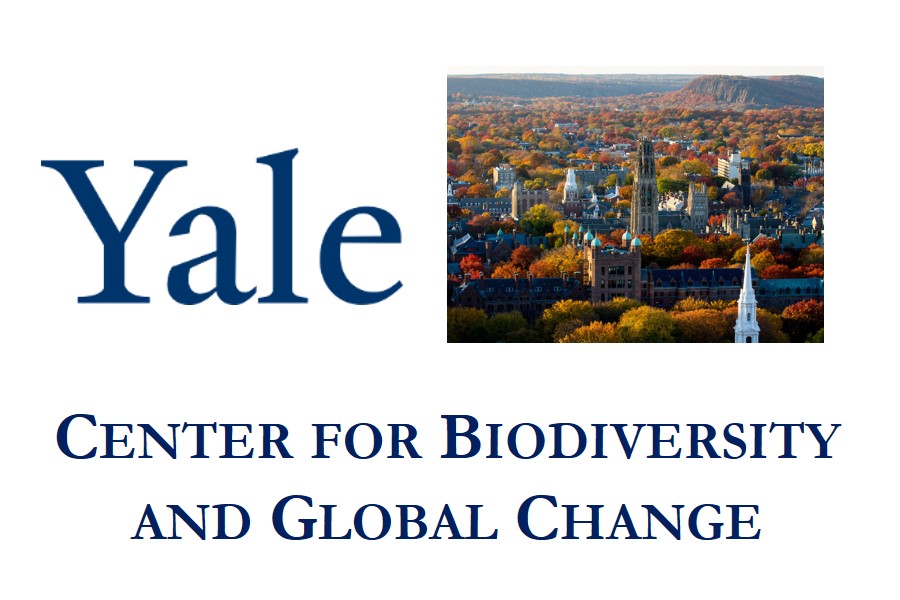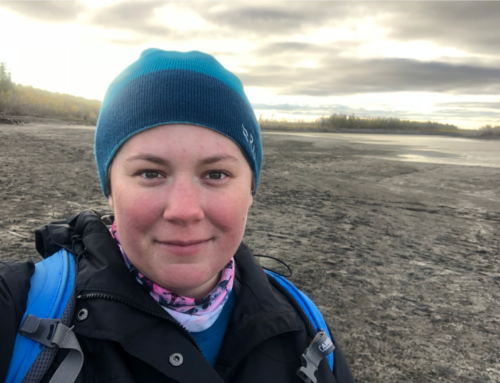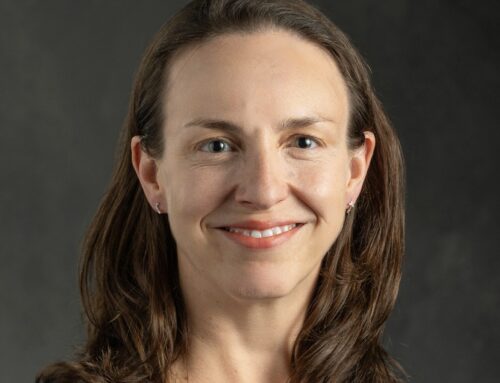Postdocs in Global Biodiversity Science and Conservation
Focal groups: mammals, butterflies, dragonflies, bees, epiphytes
Several positions are available associated with the Yale Center for Biodiversity and Global Change (BGC Center), the Max Planck – Yale Center for Biodiversity Movement and Global Change (MPYC), Map of Life, and the Jetz Lab. Target start date is spring/summer 2019.
We are seeking innovative thinkers with a strong quantitative background who are interested in addressing basic or applied ecological questions at large spatial scales. Qualifications for the position include a PhD in ecology, conservation, (bio-)geography, or biological informatics, combined with experience in spatial biodiversity analysis and inference. The preferred candidates will have a strong interest in the model-based integration of large, disparate biodiversity and environmental data, a dedication toward conscientious work in a team, attention to detail, and strong communication skills. An ability to traverse ecological, evolutionary, and conservation perspectives and to address processes at different spatial and temporal scales are particularly welcome. We expect strong analysis and scientific writing skills. Experience in several scripting languages, database management, taxonomic name management, remote sensing, and/or biodiversity informatics are highly welcome.
The positions offer broad thematic flexibility, and focal research questions may be macroecological, macroevolutionary, biogeographical, or conservation-focused. There is also openness regarding the preferred taxonomic study systems. Our current funding has a particular emphasis on mammals, butterflies, dragonflies, bees, and epiphytes, and we are especially (but not exclusively) interested in applicants who have experience in one of these groups. We ask candidates to briefly describe their preferred area of activity in the cover letter. Several junior or senior positions are available, with a typical contract length of 2-3 years.
The positions will be based at Yale University, with close collaborative links to our partners worldwide. The Yale BGC Center connects biodiversity scientists from across campus and hosts a range of speaker and workshop events. It supports research and training around the use of new technologies and data flows for model-based inference and prediction of biodiversity distributions and changes at large spatial and taxonomic scales. Flagship Center projects include Map of Life and associated activities supporting the Half-Earth Map and the development of the GEO BON Species Population Essential Biodiversity Variables. For animal movement data we are partnered with the Icarus initiative, a space station-based near-global GPS animal movement observation system, and Movebank, which supports the management and integration of movement data. For camera trapping data we are members of the Wildlife Insights initiative. Other Center initiatives include the integration of phylogenetic information with spatial distributions (e.g., VertLife), and the NASA-supported development and application of remote sensing-informed layers for biodiversity modelling (EarthEnv).
Yale University offers researchers and staff competitive salaries and a generous package of benefits. Yale has a thriving and growing community of young scholars in ecology, evolution and global change science in the EEB Department, the Yale Institute for Biospheric Studies, the Peabody Museum, and the Yale School of Forestry and Environmental Studies. The town is renowned for its classic Ivy League setting, 75 miles north of New York City. To apply please send, in one pdf, a short motivation (i.e. cover) letter, CV and names and contact information for three referees to michelle.duong@nullyale.edu, subject “BGC Postdoc” For questions contact walter.jetz@nullyale.edu. The final selection process will begin on 20 January 2018, but earlier applications are welcome and will be reviewed as received.







